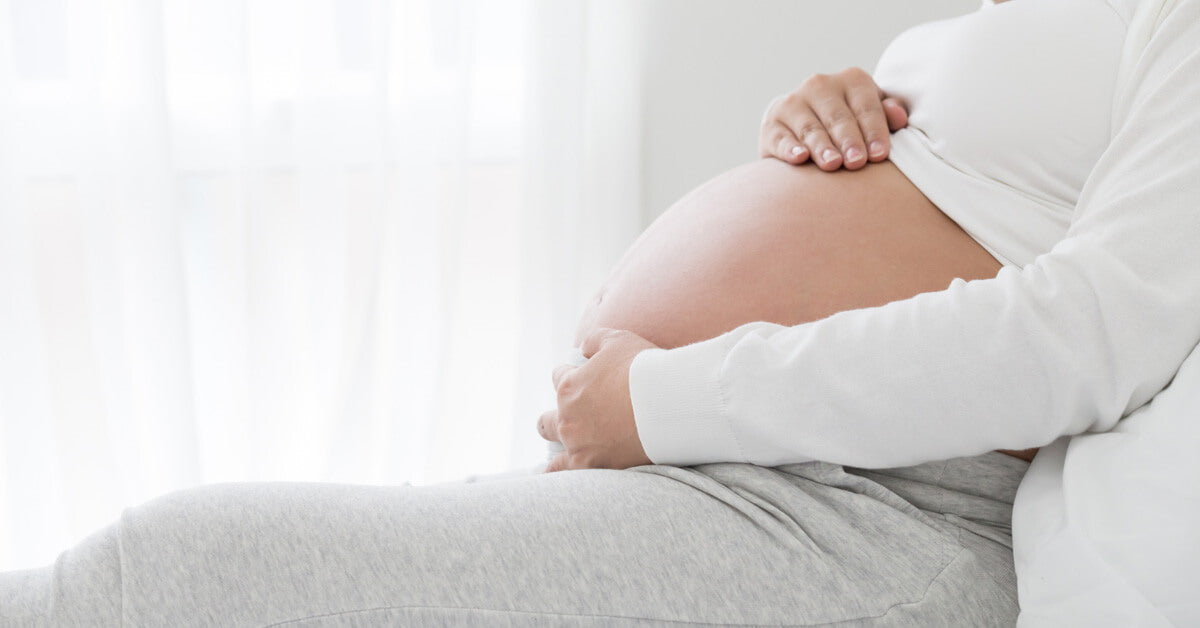
Dealing with Urinary Tract Infections (UTI) During Pregnancy
During pregnancy you do have a few hundred questions about safely carrying the baby to full term. One of the questions you probably have may involve infections of the urinary tract and how they would affect the health of your baby.Congratulations! You are pregnant, after what feels like eons of trying to conceive. Though you are elated and anticipate the arrival of your child fervently, you do have a few hundred questions about safely carrying the baby to full term. One of the questions you probably have may involve infections of the urinary tract and how they would affect the health of your baby.
If you have a vagina, you have probably had a urinary tract infection (UTI) at least once in your life while growing up. It is one of the most common infections in women while many men will never have a UTI, especially in their youth. A woman's urethra (the duct that carries urine out of the body from the bladder) is shorter than a man’s urethra, lessening the extent to which the bacteria must travel to reach the bladder.
Symptoms of UTI
Do you know the symptoms of this infection? UTIs typically do not present with signs or symptoms, however, if they do, they include the following (depending on the part of the urinary tract affected):
Infection of the urethra
- A feeling like your urine is scorching hot as it exits your body
Infection of the bladder
- Discomfort in your lower abdomen area
- Pain or pressure in your pelvic region
- Cloudy appearance of urine
- Red, pink or blackish brown colored urine (could mean you have blood in your urine)
- Urinating in installments in low volumes
- A strong compulsion to empty your bladder
Infection of the kidney
- High fever
- Feeling chilly and shaking
- A feeling like you want to vomit
- Actual vomiting
- Pain in the back or side of the body
What causes UTI during pregnancy?
A mom-to-be has a high chance of contracting a UTI due to the fact that your urine contains escalated levels of protein, hormones and sugar in it during pregnancy. Due to the change in hormones, you can suffer from a condition called ‘vesicoureteral reflux’, wherein your urine travels in reverse going to your kidneys from the bladder instead of the other way around, resulting in a UTI. Further, the escalated levels of sugar in urine promotes bacterial growth.
Another reason for UTIs during pregnancy is the inability to completely empty one’s bladder due to the pressure put by the uterus that is growing in size steadily, making it difficult to ascertain whether the bladder has been fully emptied.
Risks, if not treated, to mom and baby
If infection is restricted to your bladder, it can simply be painful, however, if the UTI spreads to your kidneys, it can prove to be dangerous, not only to you but to your fetus as well. If there is inflammation in the kidney due to the bacterial infection – a condition called ‘pyelonephritis’ – it could lead to long-term infection, acute respiratory distress syndrome (ARDS), anemia, pre-term labor or severe infection. Further, if you reach the stage of urosepsis, a potentially fatal complication of a UTI, you would need emergency medical attention.
If not treated, UTIs could result in complications such as birthing premature infants or infants whose birth weight is low.
Bacteria called ‘Group B streptococcus’ that can be present in a woman’s colon and vagina can also present symptoms of UTI that can be passed on to the baby.
How to prevent UTI during pregnancy
Doctors suggest wiping from front to back when you visit a washroom. They recommend doing this to avoid unwittingly moving Escherichia coli (E.Coli), a common cause of UTIs that can be present in stools, into the urethra.
Another recommendation involves keeping your fingers, genitals and/or sexual devices clean, especially before use during sex. Before and after you’ve indulged in intercourse, ensure that you visit the washroom to urinate and flush out any possible bacteria. If using lubricants during the deed, switch to a glycerine-free water-based lube because lubricants with glycerine have a tendency to cause yeast infections.
Have your doctor test you for the Group B streptococcus bacteria approximately 36 to 37 weeks into your pregnancy. If you test positive for this bacteria, you will be put on IV antibiotics during the time of labor.
Although there are no conclusive studies that prove it, you can drink your fill of cranberry juice that could prevent UTIs. Cranberry juice is safe and does not cause any harm but do check with your doctor before downing a glass of the red liquid.
Fill a bottle of water and keep it with you at all times to drink as and when you need. The more water you drink the higher the likelihood of getting rid of a potential infection because what this does is flush out bacteria before it has a chance to multiply in your bladder.
|
|
Meet Our KeaMommy Contributor: Lindsay Hudson Lindsay is a freelance writer who is mom to a lovely daughter. She loves dressing in matching outfits with her daughter and bringing their 2 dogs out for their daily walk. |

























































